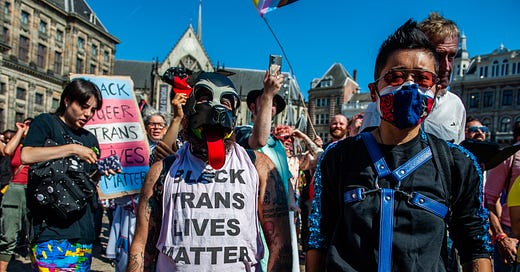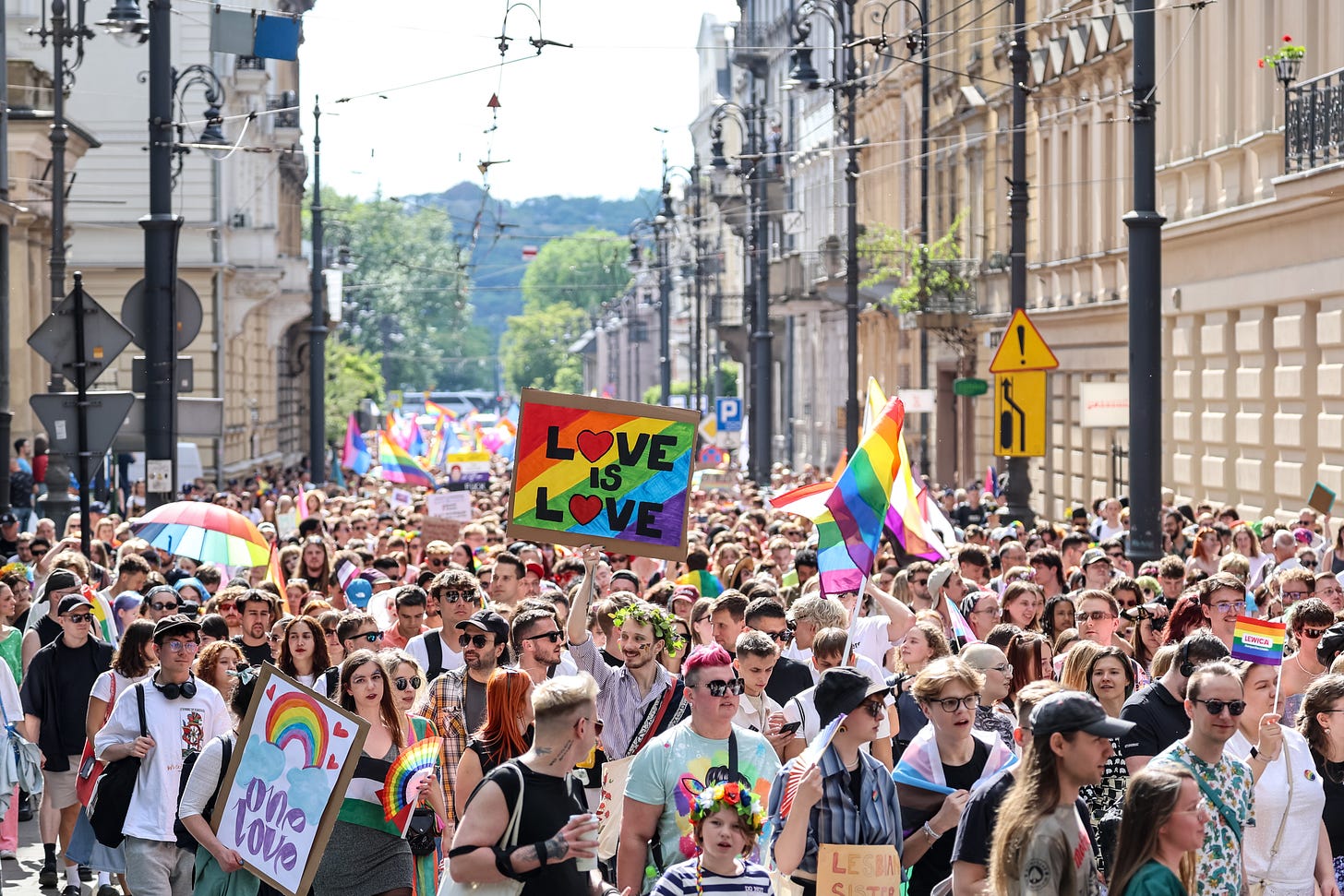Feminism is for everyone!
No, it isn't. Feminism is the only political movement that centres women and girls
Q: Why can’t feminism include everyone?
A: Women have a right to our own movement in order to deal with specific issues affecting women and girls.
Q: So feminists don’t care about animal liberation, the climate crisis or racism?
A: On the contrary, not only are many of us involved in movements other than feminism, we also see the connections. For example, we recognise the links between animal abuse and domestic violence, and the disproportionate effect of the climate crisis on women and girls in the global south. Feminists recognises how prostitution disproportionately affects indigenous, black and women of colour in the way they are targeted by exploiters and abused racially and sexually.
Q: But men need feminism as much as women. Are they not the victims of patriarchy?
A: Men would benefit from feminism in the long run, at least in terms of having more equal relationships with women and being free from the tyranny of gender roles themselves. But the reason they haven’t come to support feminism in droves is because they would have to relinquish their own power in order for women to achieve liberation.
Q: Surely feminism has been replaced by the LBGTQQIA2S+ movement? People of all genders and identities are included within this rainbow coalition.
A: I am not sure I would call this a movement. It’s a loosely based coalition of a myriad of sexual and ‘gender’ identities with one thing in common: an opposition to feminism. The rainbow coalition only invokes ‘gender’ with regard to individual identity, not as a political system that imposes social rules on women. This movement has no feminist analysis, and puts the interests of trans women, queer identified heterosexual men, and non-binary identified people above those of women, in particular lesbians. There is no room for lesbian feminists in this so-called rainbow coalition.
Q: How can you say that lesbians are excluded when they are feeling more free to express themselves than ever before?
A: Women who are lesbians are now under increasing pressure to disappear under the labels of non-binary, queer and gay. Therefore, lesbianism is becoming invisible. The so-called lesbian dating site Hinge bans lesbians for specifying ‘biological women only’. It is now deemed transphobic for a woman to be attracted to the same sex.
Q: Why do you need the label ‘lesbian’? Aren’t the categories ‘heterosexual’ and ‘lesbian’ becoming obsolete now that we have multiple genders to choose from?
A: Lesbians fought a valiant battle in the 1960s and ‘70s to destigmatise the word and identity. It used to be considered a horrible word, with many women choosing to use ‘gay’ as a safer, more acceptable alternative. The word ‘lesbian’ needs to be proudly reclaimed in order to make the feminist point about resisting compulsory heterosexuality and celebrating sexual liberation.
Q: What about heterosexual feminists? Are they not the ones who are being excluded?
A: No. Heterosexuality is extremely well represented in the LGBTQQIA2S+ rainbow alliance. In fact, everyone is included in this alliance except lesbian feminists: there are straight men, straight women, asexuals, aromantics and even trans identified men who claim to be lesbians.
Q: So are you saying that feminism should exclude everyone but women and girls? Isn’t that a very narrow view?
A: Only if you consider the issues that affect women and girls globally to be narrow, and if you consider a movement that represents three-and-a-half-billion people to be marginal. It is odd that this argument is not used about any other major political movement.






How ‘narrow’ can feminism be if it includes half the world’s population. Seems far reaching to me.
Thanks, Julie. On target, as ever.